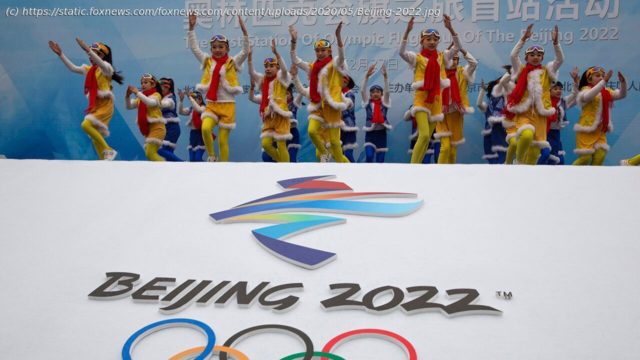Uncertainty grips next year’s postponed Tokyo Olympics: Will there be fans or empty stadiums in 14 months? And how will thousands of athletes, staff, and …
Uncertainty grips next year’s postponed Tokyo Olympics: Will there be fans or empty stadiums in 14 months? And how will thousands of athletes, staff, and technical officials travel, be housed, and stay safe amid COVID-19?
And Tokyo is not alone.
where the COVID-19 outbreak was first detected — will hold three mega-sports events within a year after Tokyo is set to close.
The World University Games in Chengdu in western China open 10 days after the Tokyo Games close, with up to 8,000 athletes. Next come the Beijing Winter Olympics beginning on Feb.4,2022, and the Asian Games in Hangzhou starting on Sept.10. The previous edition of the Asian Games in Indonesia drew 11,000 athletes and featured more sports than the Olympics.
A fourth major event, soccer’s 24-team Club World Championship, was to open in China in June of 2021, but has been postponed because of scheduling conflicts created by the pandemic.
China is a go-to country for these mega events, through expertise gained from the 2008 Beijing Olympics and because it absorbs the massive costs. It spent at least $40 billion to organize the 2008 Olympics, and there was no national debate since the authoritarian state prohibits voting or referendums.
Voters in Europe and North America have repeatedly said “no” to referendums to hold the games. China landed the 2022 Winter Olympics when several European bidders withdrew. Beijing won narrowly in a vote by the IOC against Almaty, Kazakhstan.
“Telling the citizens of Bavaria or Switzerland that another Winter Olympics would benefit them greatly doesn’t work,” Jonathan Grix, who studies sports policy at Manchester Metropolitan University, wrote in an email. He said voters sense that “citizens rarely benefit the most from such events.”
“Authoritarian states have no need to ask the populace, they have no need to compromise on policy, there is no political opposition (by definition) and most delivery services are state-run, ensuring the smooth running of the event,“ Grix added.






